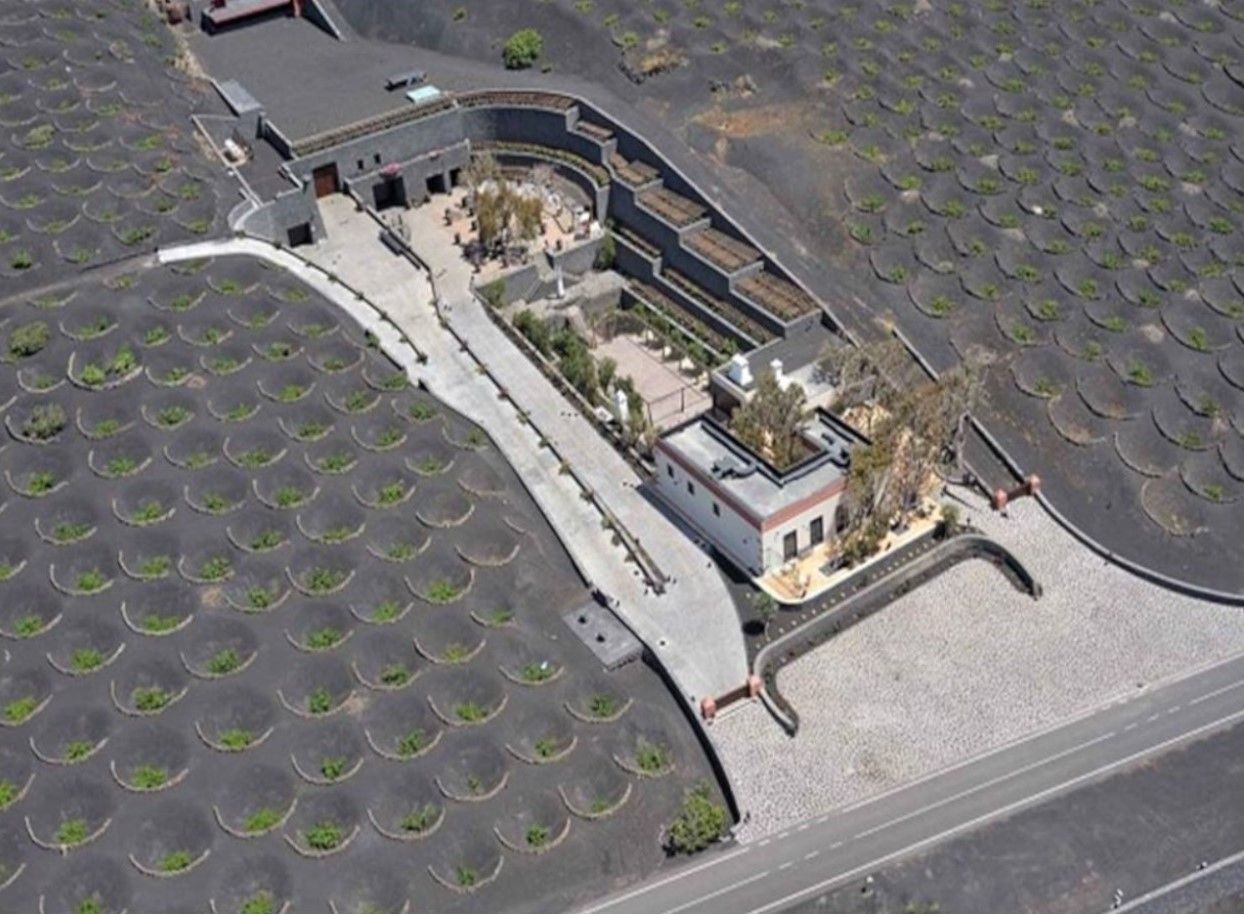The Supreme Court has rejected compensating the promoters of Stratvs for the judicial sealing of the winery in December 2013, according to the newspaper Canariasahora. reported this Tuesday.
The businessman Juan Francisco Rosa, owner of the facilities built in the Protected Natural Area of La Geria, wanted the high court to classify as a "judicial error" the decision of the former Court of First Instance and Instruction No. 5 of Arrecife to close the winery based on the indications that existed at the time of the alleged commission of crimes against land planning and the environment.
The precautionary closure of the winery was maintained until June 2017, when the Sixth Section of the Provincial Court of Las Palmas issued an order of just four pages lifting the seal on the facilities, accepting expert reports provided by Rosa's defense as valid. The rapporteur of that resolution was Salvador Alba, a former magistrate currently serving a sentence of six and a half years in prison for the crimes of judicial prevarication, bribery, and disclosure of secrets.
It was also the Sixth Section of the Provincial Court of Las Palmas, already without Alba on the court, that acquitted all the defendants in the Stratvs case in December 2020, including Rosa himself, for whom the Prosecutor's Office was asking for fifteen years in prison and a fine of 231,000 euros for what it considered "the worst environmental attack" on Lanzarote since the island was declared a Biosphere Reserve in 1993.
The Supreme Court ratified and upheld this ruling in March 2023, given the impossibility of modifying the account of proven facts, although it clarified that, had it been able to do so, the conclusions could have been "very different" from those of the Court.
As Canarias Ahora reports, the promoter of the Stratvs winery filed a claim of judicial error with the Supreme Court. It argued that the precautionary closure decreed by the judge on December 20, 2013, was a "flagrant mistake." To this end, it relied on the conclusions of the acquittal ruling issued by the Las Palmas Court seven years later. Had the Supreme Court accepted this judicial error thesis, the door would have been opened to compensation for the plaintiffs, requiring the State to compensate them financially.
Ultimately, this has not been the case, and in a ruling issued on April 9, the Criminal Chamber of the Spanish high court rejects the company's arguments and endorses the judge's decision to close the winery in December 2013. The Supreme Court concludes that at that time there were "well-founded indications of the commission of a crime against land planning and a crime against the environment," even though they were not proven in court later.
Specifically, with respect to the crime against land planning, the Supreme Court's order emphasizes that the investigating judge adopted this decision after gathering information and expert reports from the Nature Protection Service (Seprona) of the Civil Guard, the Historical Heritage Service of the Cabildo of Lanzarote, the Island Plan Office, the Yaiza City Council, and the Agency for the Protection of the Urban and Natural Environment (Apmun). These documents reflected that the entity Bodegas Stratvs had "exceeded" the authorization that had been granted to it to rehabilitate a 243-square-meter house with ethnographical value in the Protected Natural Area of La Geria and to build an underground warehouse-winery of 900 square meters.
Instead, it had demolished the house and replaced it with a building "from which to develop an unauthorized industrial operation (store, cafeteria, tasting room), in addition to having built other auxiliary facilities, such as parking lots, terracing, retaining walls, and an underground restaurant with kitchen services, toilets, laundry, and staff rest areas."
The Supreme Court's order recalls that these reports, on which the judge based his decision to order the precautionary closure of the facilities, concluded that what was built occupied an area of around 12,000 square meters when the authorized area was close to 1,000 square meters and that its promoters and owners could offer their clients "celebrations or mass gatherings, such as theme parties, concerts, conferences, fashion shows, weddings, or other tourist concentrations."
In relation to the crime against the environment, the Criminal Chamber recalls the existence in December 2013 of expert reports that proved that the Stratvs winery did not comply with the regulations regarding the evacuation of wastewater and that objectified "unauthorized polluting emissions and leaks."










